Perplexed But Devoted
Estimated reading time: 14 minutes, 46 seconds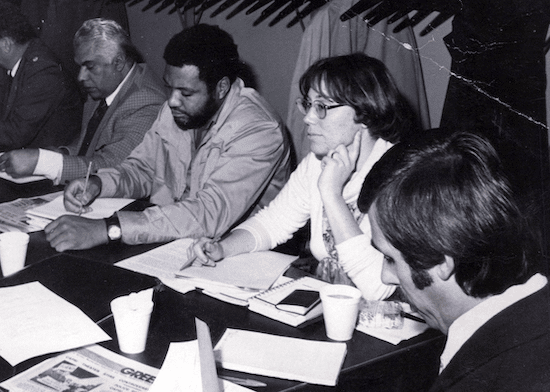
Jan Surprises Me
But Love Never Dies
“Richard, there is a call for you on line three. It is your wife.” Hearing the voice from the other room caught my attention. In two months, Jan and I would celebrate four years together, and I had never gotten a call at work from her. When I had interviewed for this job at St. Nick’s, Jan had almost left me. Hopefully, she is not calling me to say she changed her mind. I stopped talking to my co-workers and walked to the closest phone.
“Hello, my love,” I stated with passion as I picked up the phone.
“I’m thrilled! They offered me the job!”
I had forgotten she was attending a job interview today, but I quickly regained my composure.
“Congrats! That is wonderful news! I am so happy for you.
“There is a question I need to ask you.”
I said OK but began to wonder what question she would ask me.
“The salary they offered me is a few hundred dollars a year higher than yours.”
“That is not a problem. What is the question.”
“The interviewers said I should ask if you are OK if I make more than you do.”
“I have no problem. We are married, and all that matters is our combined income.
“Are you sure? The team interviewing me said many men are unhappy if they are not the primary wage earner.”
“I do not know what other men would say; I am your husband, and it is not a concern.”
Jan persisted in asking the question differently, and I kept answering the same way.
“Why don’t we celebrate tonight when your class is over,” I suggested to shift the conversation.
Jan agreed, and I told her I loved her and ended the conversation.
Standing at my desk, I was perplexed. After almost four years, how could Jan presume I was an average man who would be upset if my wife made more money?
After almost 48 years, I recently lost my wife, Jan Lilien. Like The Little Prince, Jan and I believed that “The most beautiful things in the world cannot be seen or touched, they are felt with the heart.” This blog is a collection of my random thoughts on love, grief, life, and all things considered.


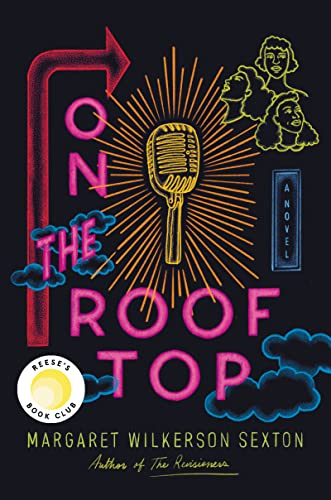
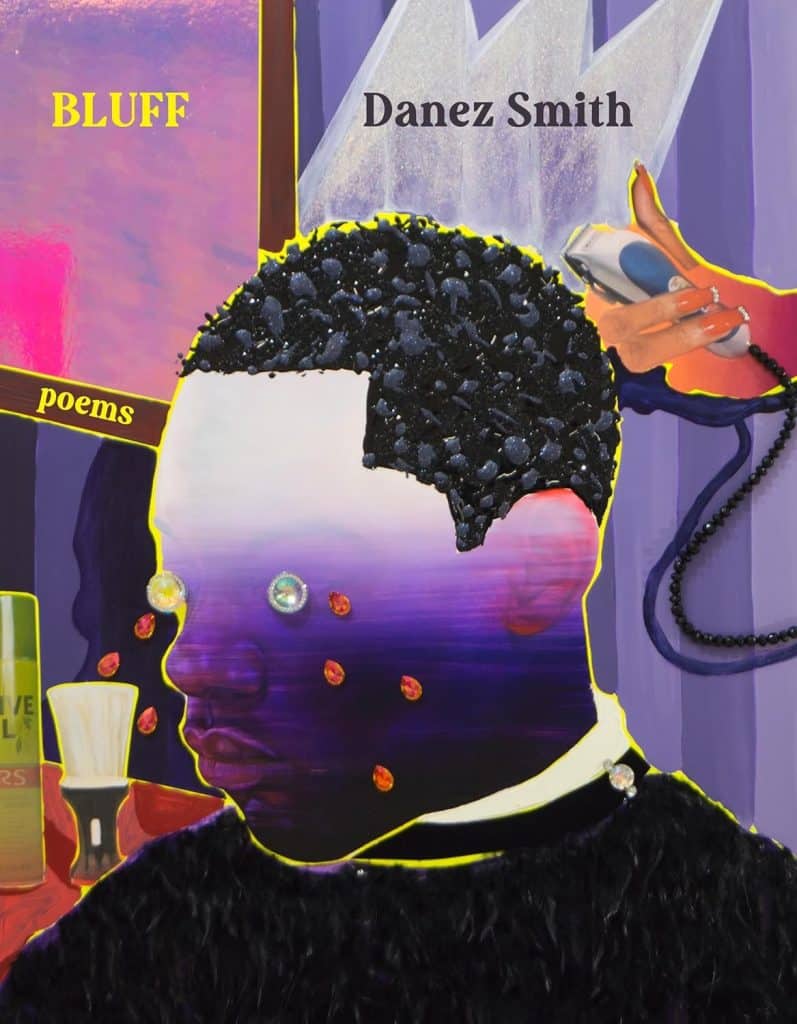
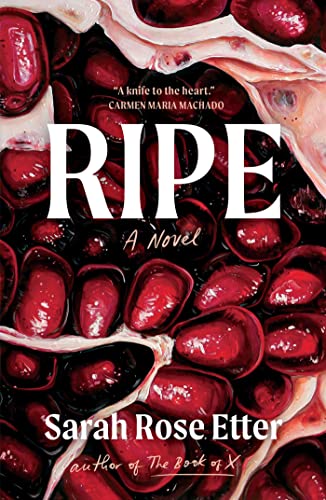
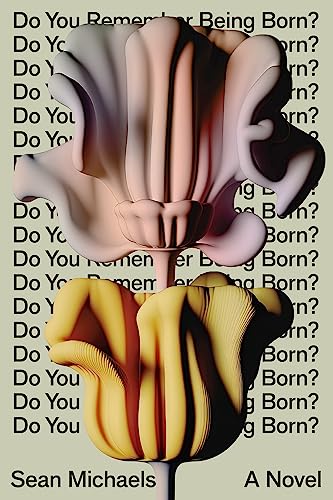
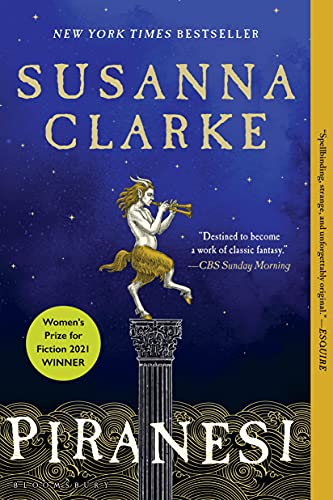
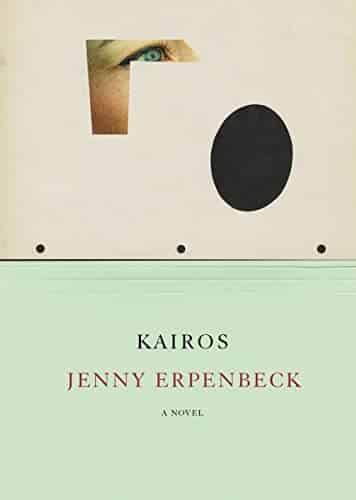
Excellent story…I never heard of any couple making almost the same salary!!
Funny and sad story, but I enjoyed it!!
Thanks, Hugo, for your comment.
Jan and I chose similar work focused on repairing the world. As a result, our salaries were both modest. That we ended with wages almost the same at the end is not all that surprising. If Jan had lived and continued to work at the YWCA for the last two years, her total compensation would have surpassed mine.
I agree that the story, like life, is humorous and sad simultaneously. I write from my heart, and the articles reflect the complexity of the lives Jan and I lived and how life is complicated.
The love that Jan and I shared will never die.
In closing I wanted to share share a poem from Evergreen by Kirsten Robinson. Her poems are a tribute to the enduring resilience of human nature as we cycle through times of light and darkness, much like nature itself.
Give thanks for all
that is good and beautiful;
the gifts you carry
people who lift you up
your big, big love
faith and trust that your life
is unfolding as it should
Give thanks for all
that has been difficult and hard;
trials tribulations tears
tests of self strength fears
all of the unknowns and days
that broke you
Without the darkness
you would not have
learned to appreciate the light
Thanks for your friendship and support.